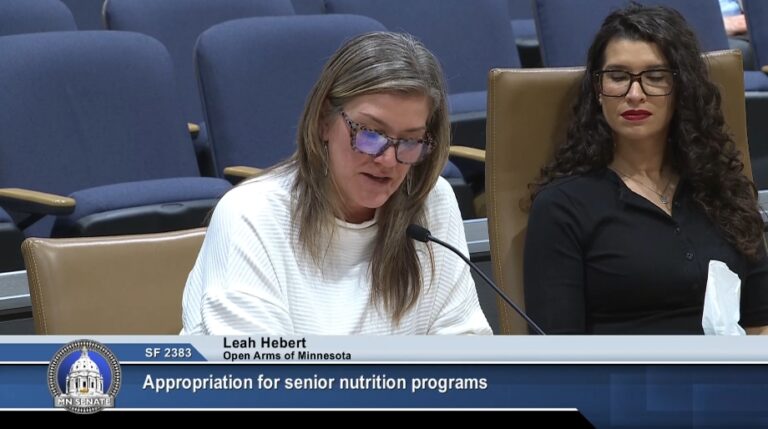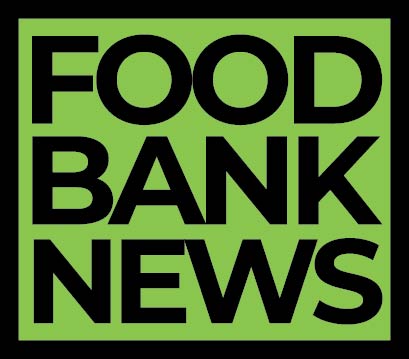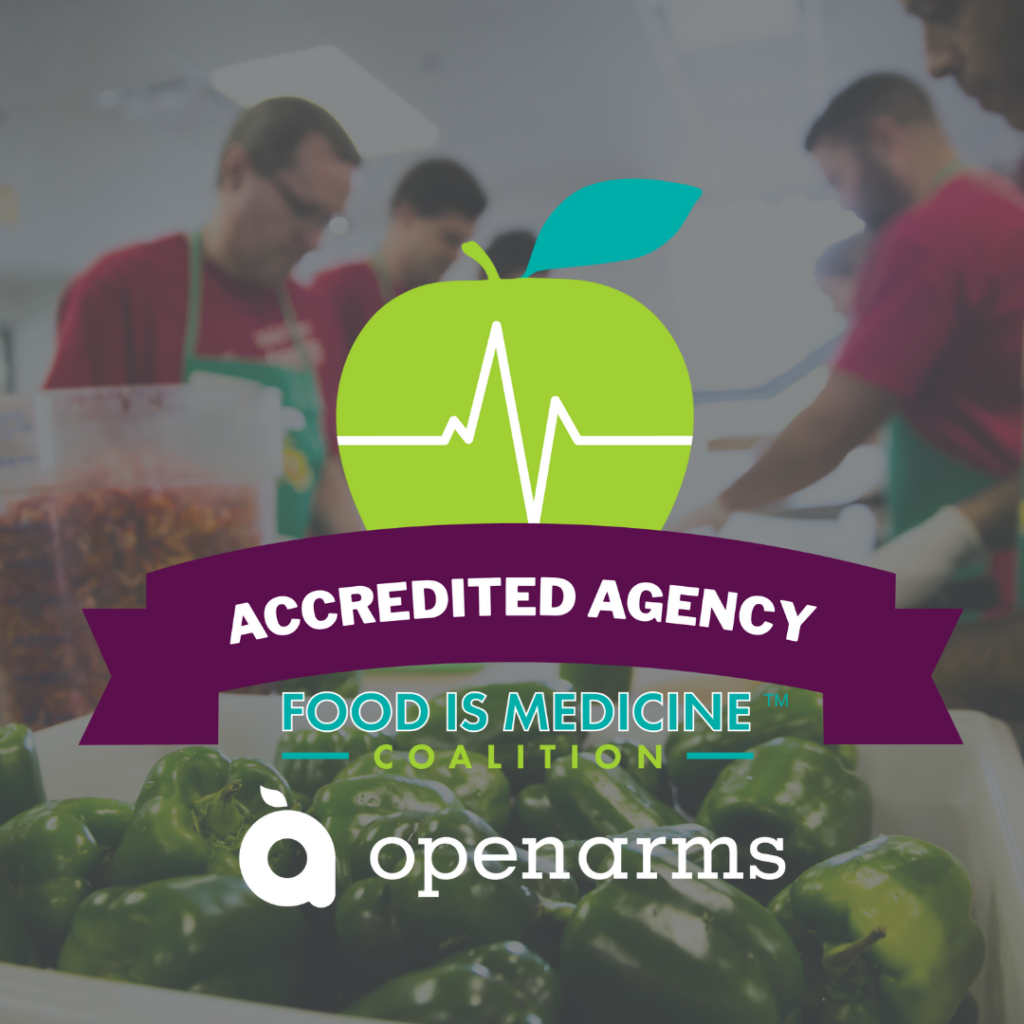By Brianna Elliott, MS, RD, LD – OAM Nutrition Service Coordinator
 According to the Center for Disease Control (CDC), 12.4% of adults aged 20 and over have high cholesterol. When blood cholesterol is elevated, you may develop fatty deposits in your blood vessels which eventually make it difficult for enough blood to flow through your arteries. For this reason, high cholesterol is a key risk factor for heart disease, which remains the #1 killer in the United States.
According to the Center for Disease Control (CDC), 12.4% of adults aged 20 and over have high cholesterol. When blood cholesterol is elevated, you may develop fatty deposits in your blood vessels which eventually make it difficult for enough blood to flow through your arteries. For this reason, high cholesterol is a key risk factor for heart disease, which remains the #1 killer in the United States.
September is Cholesterol Education Month, and we’re taking this opportunity to teach you about what cholesterol is and what you can do to reduce your risk of developing high cholesterol levels.
What is Cholesterol?
Cholesterol is a waxy substance that is found in the fats (lipids) in your blood. Your body actually needs some cholesterol to function properly—it is required for building healthy cells. If you do not get cholesterol from your diet, your body is able to make its own. Cholesterol starts to become a problem when there are excessive amounts in the blood.
How Do I Know If My Cholesterol is High?
High cholesterol has no symptoms. To determine if your cholesterol is high, you must see a doctor to have a blood test.
What Causes High Cholesterol?
High cholesterol can be hereditary, but it is often a result of unhealthy food choices and inadequate exercise. Both of these may lead to inflammation in the body, which in turn may lead to high cholesterol. There are several simple changes you can make to your diet and physical activity levels to lower your risk of developing high cholesterol. Here are five of our favorite cholesterol-lowering tips!
5 Cholesterol Lowering Tips
- Focus on Fiber. Fiber is a type of carbohydrate that the body can’t digest. It helps reduce the absorption of cholesterol into your bloodstream. Plant-based foods, such as vegetables, fruits, legumes, nuts/seeds and whole grains are all high in fiber. Try to incorporate a high-fiber food into every meal and snack to make sure you get enough throughout the day. Please note that it is important to drink plenty of water if you are increasing your fiber intake–this will help improve digestion.
- Don’t Fear Fat. It is a myth that dietary fat causes high cholesterol. In fact, we need fat to keep our cholesterol levels healthy. The key is to focus on healthy fats in your diet. Some sources of healthy fats include avocados, olive oil, chia seeds, nuts/seeds, fatty fish, whole eggs and flaxseed oil. On the other hand, it is important to limit your intake of unhealthy fats which are found in processed/packaged snack foods, baked goods, margarine and red meat.
- Don’t Fret Cholesterol-Rich Foods. It sounds like an oxymoron, but foods that are naturally high in cholesterol, such as eggs and shrimp, are unlikely to have a major impact on most people’s cholesterol levels. This doesn’t mean these foods are free-for-alls, but they are perfectly fine to include in your diet as long as you eat them in moderation. Eating one to two eggs per day or less is a reasonable goal to aim for. It is important to note that some individuals are more sensitive to dietary cholesterol than others. If this is your case, you should speak with your doctor or a registered dietitian to determine how much cholesterol that you should be eating.
- Get Moving. Regular exercise is known to be beneficial for helping to lower cholesterol levels. The CDC recommends getting 150 minutes of moderate physical activity per week or 30 minutes per day. However, adding even 10-15 minutes of movement to your day can have a positive impact on your health. Try going for a short walk on your lunch break or doing jumping jacks during commercials while watching your favorite TV show!
- Be Mindful of Your Sugar Intake. Many people don’t associate sugar with cholesterol, but the truth is that eating excessive amounts of added sugar and refined grains can increase inflammation in the body, which may lead to high cholesterol. Keep your intake of treats such as baked goods, candy and sugar-sweetened beverages (soda, sports drinks, etc) to a minimum. Replace refined grains like white bread and white rice with high-fiber whole grains. Better yet, replace them with fruits and vegetables, which are not only high in fiber but also high in antioxidants that may help reduce cholesterol levels.







